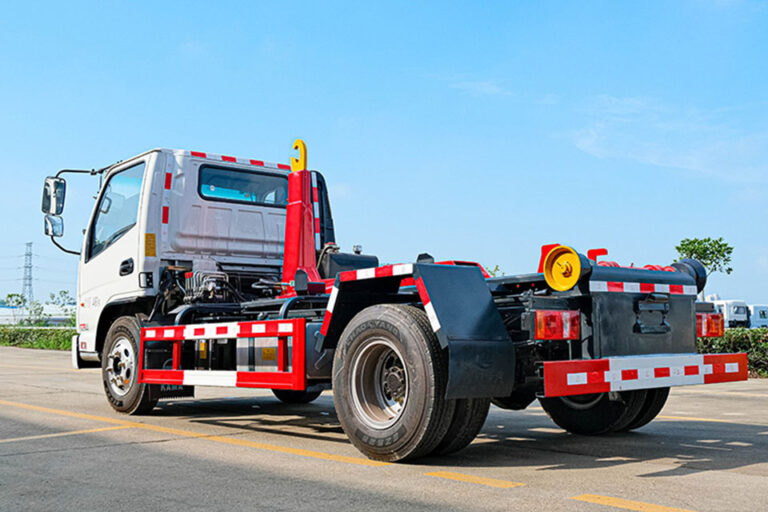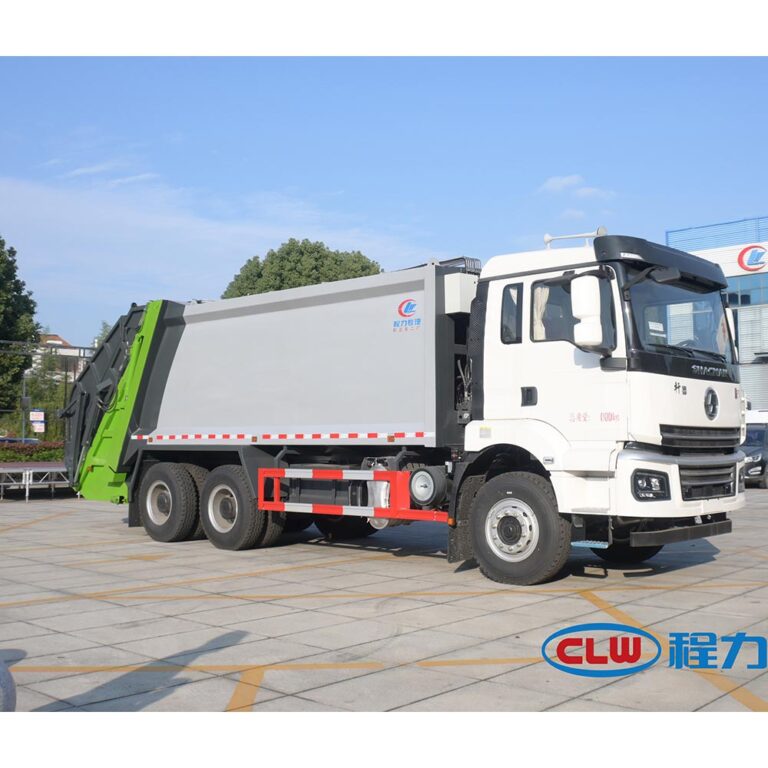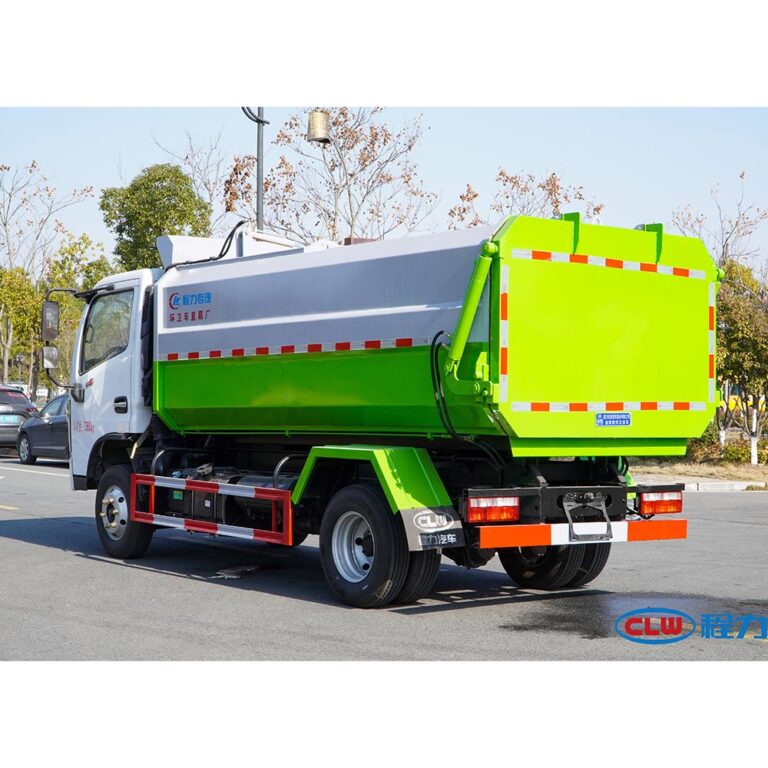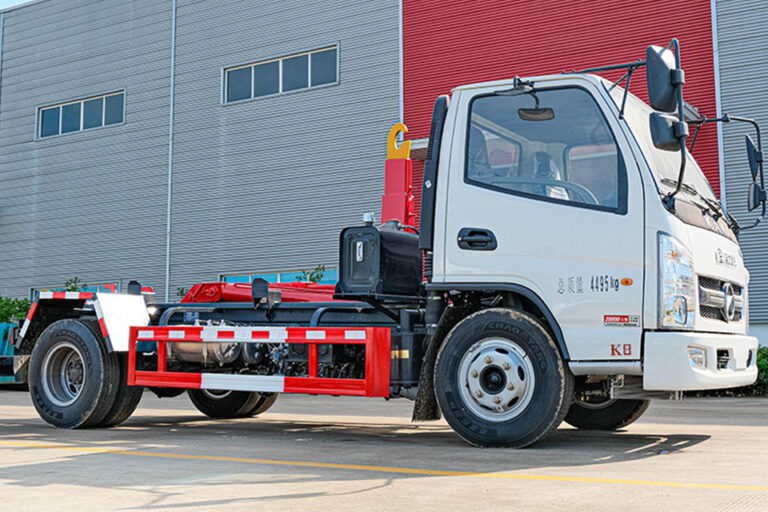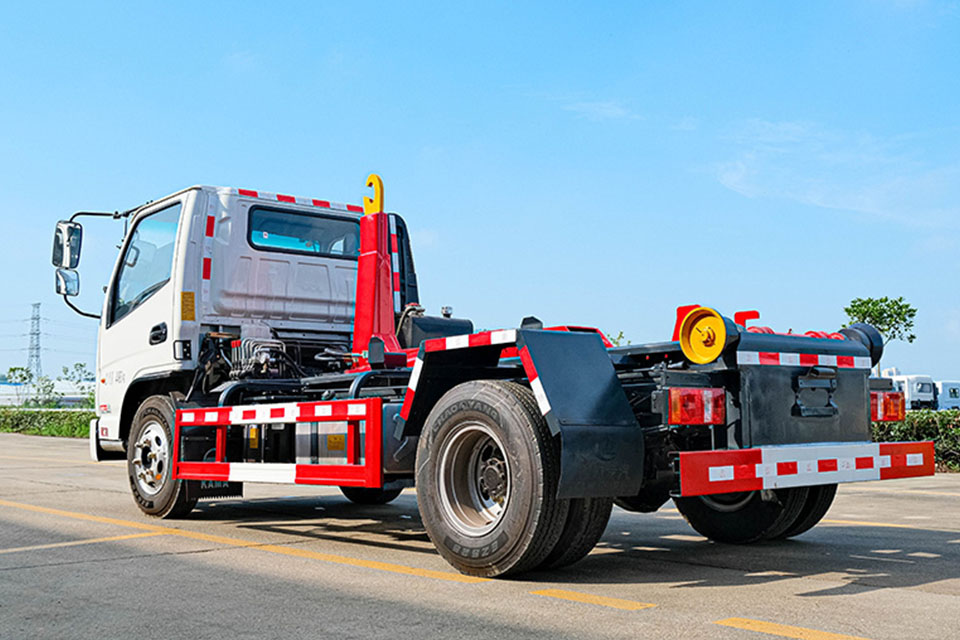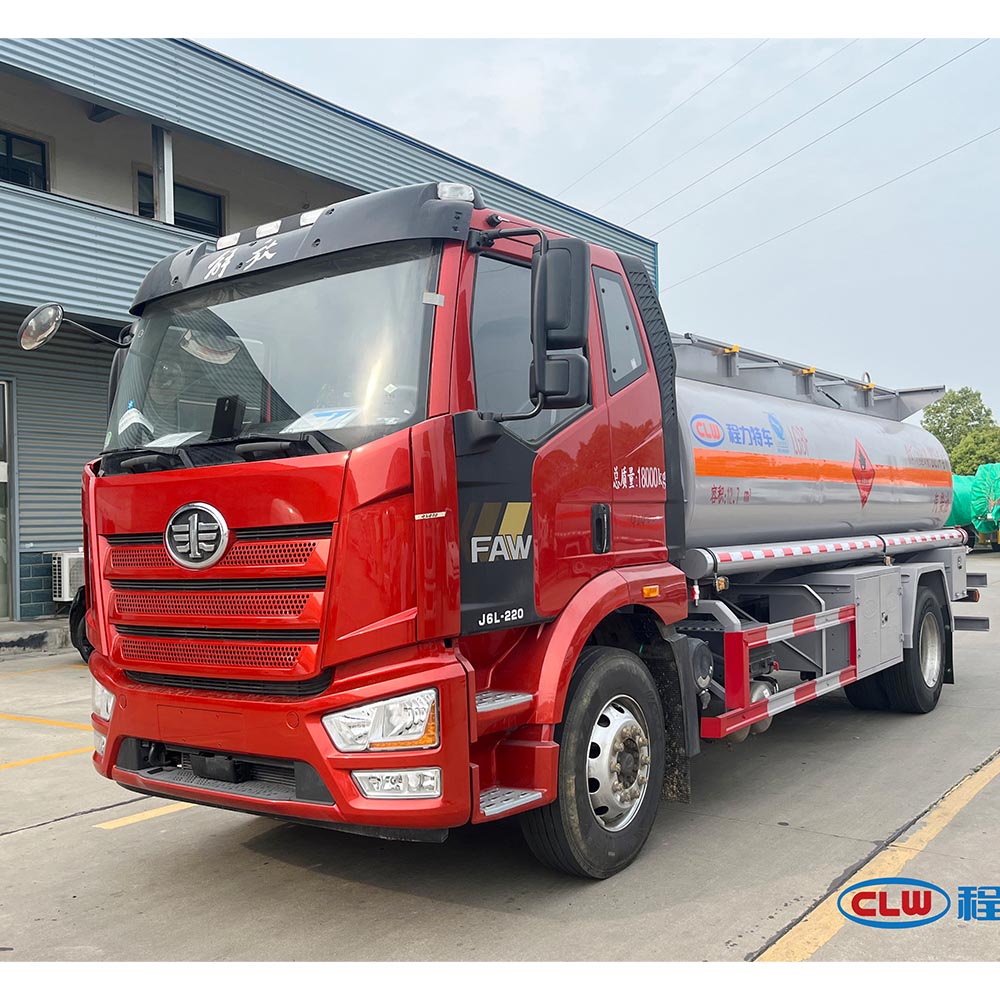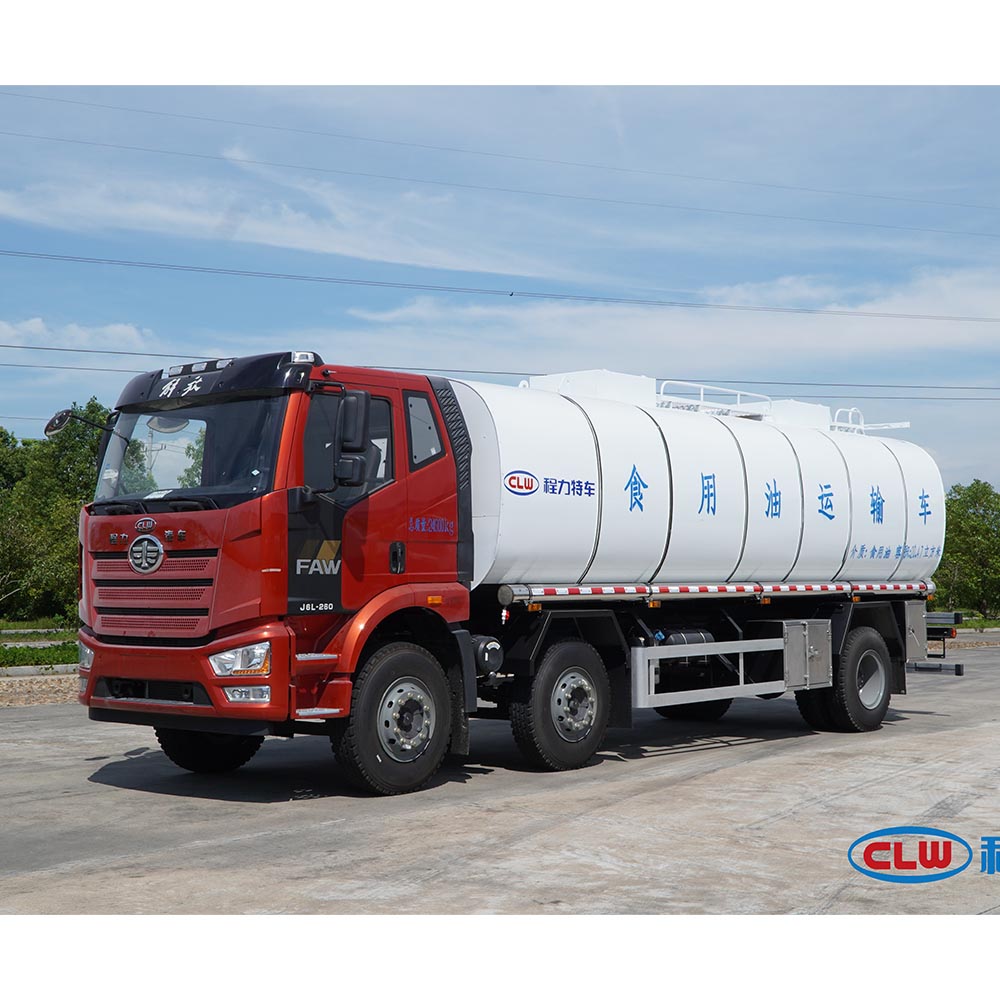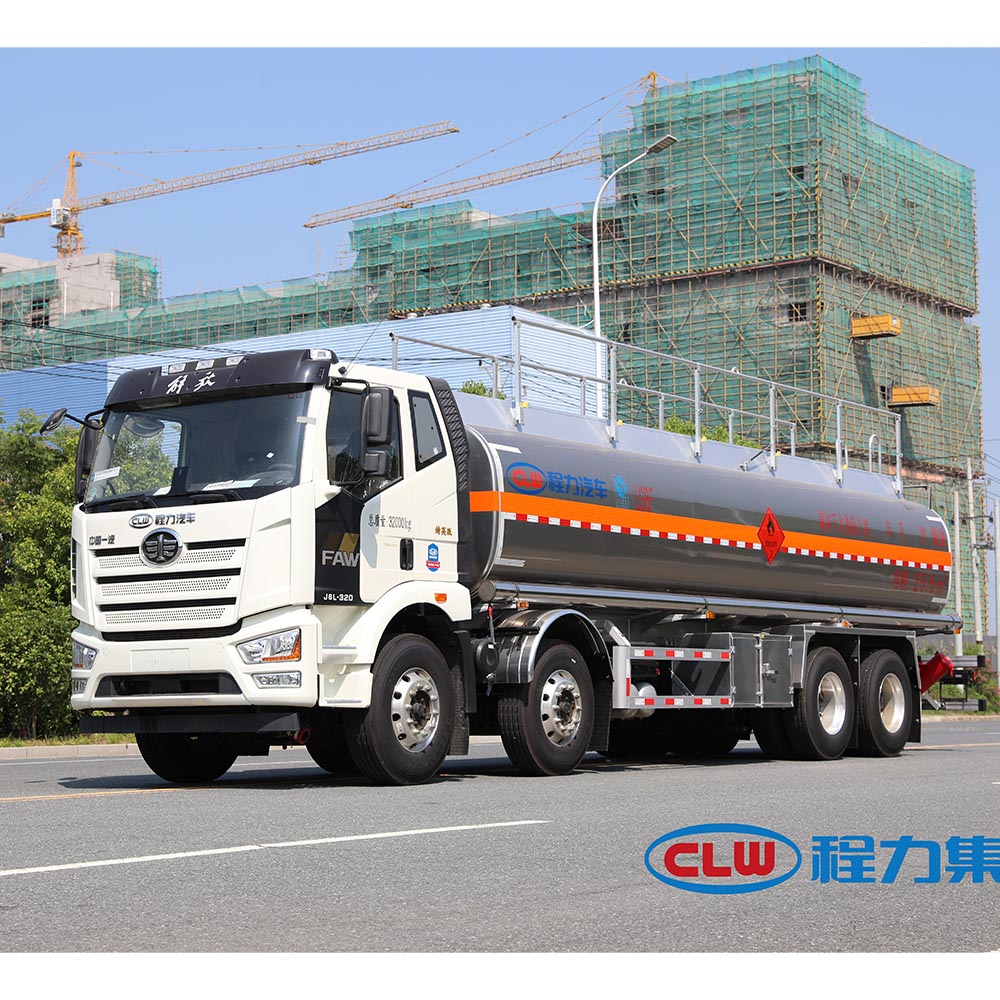-
Chengli Automobile Industrial Park
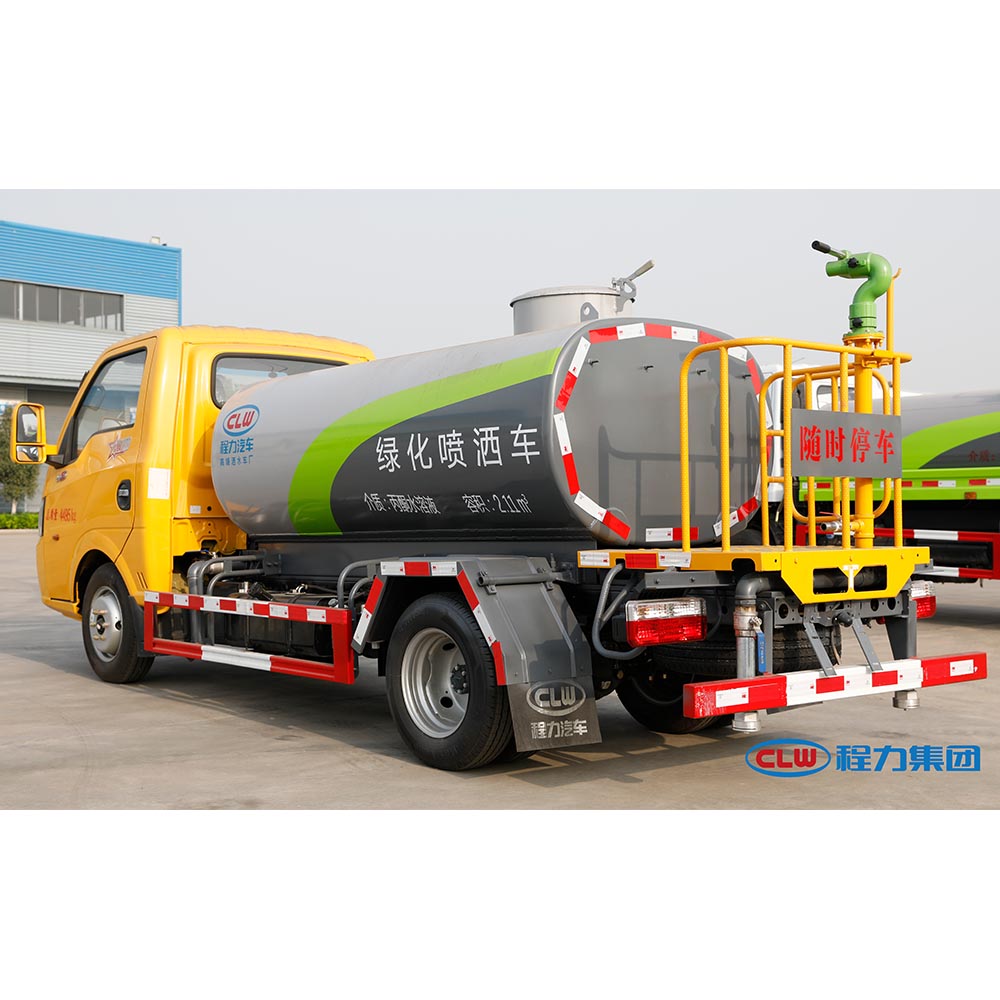
Truck Mounted Pressure Washers vs. Traditional Cleaning Equipment
Truck Mounted Pressure Washers vs. Traditional Cleaning Equipment: Which Saves Time & Money?
Do you need to clean big things? Maybe you have big trucks? Or dirty walls outside? Cleaning is hard work. There are two main ways to clean big stuff. One way uses special truck-mounted pressure washer systems. The other way uses traditional cleaning equipment. This might be traditional trailer-mounted washers or just hands and brushes.
Many pressure washing companies are changing how they clean. They are using truck mount rig for pressure washing more often. Why? What is better? This story will help you pick the best way for your cleaning jobs. We will look at which way saves you time and money. Is a truck based rig set up better than the traditional setup? Let’s find out!
What Are Truck-Mounted Pressure Washers?
Think of a big water sprayer. Now, think of it built right onto a truck! That is a truck-mounted pressure washer. These are mobile pressure washing setups. They are special because they have:
- Portability in cleaning equipment: The truck can go almost anywhere. It makes cleaning equipment portability easy.
- High-pressure water spray technology: They shoot water out very hard and fast. This high-pressure water jets clean deep.
- Industrial-grade pressure washers: They have strong parts like heavy-duty diesel pumps and stainless steel equipment durability. They are made for big, tough jobs. They often include vehicle-mounted water tanks. Skid Pressure Washer Pros and Cons show they are flexible.
What are they used for?
- Fleet maintenance best practices: Cleaning lots of commercial fleet vehicles quickly. This helps with fleet aesthetic maintenance and keeping fleet branding preservation clear. It can even help the fleet resale value.
- Heavy-duty cleaning efficiency: Cleaning very dirty things like greasy floors or concrete stain removal. This is needed for industrial equipment degreasing.
- Outdoor surface maintenance: Cleaning big walls, driveway and sidewalk cleaning, and deck and exterior cleaning. They are great for brick and mortar surface care.
These systems often use adjustable pressure nozzles. This means you can change the water power. So, you can clean strong things hard and soft things gently using surface-specific cleaning adjustments. Sometimes they use hot-water pressure washing for extra power.
Traditional Cleaning Equipment: An Overview
Traditional cleaning methods are the old ways people cleaned. Think about:
- Manual scrubbing vs. pressure jets: Using hands and scrubbing brushes and squeegees to rub dirt away.
- Power washing vs. traditional mopping: Using mops for floors or simple hoses for walls.
- Cleaning chemical alternatives: Using soaps or special cleaning solutions to help clean. This might include Non-abrasive cleaning solutions.
Sometimes people use trailer-mounted pressure washers. These are like the truck ones but pulled behind a truck. They face trailer relocation challenges.
When are these old ways good?
- Delicate surface cleaning methods: For things that might break easily if sprayed too hard. This is gentle approach.
- Small-scale jobs: Cleaning a small spot or inside a house. Traditional methods may be better for indoor cleaning.
- Budgeting for cleaning equipment: When you want to spend less money at the start. The initial investment in equipment is often lower.
But, traditional cleaning methods take more time and effort. They need more work from people. This is labor intensity in traditional methods. They might need special soaps (specialized cleaning solutions) or tools (equipment).
Head-to-Head Comparison
Let’s put Truck Mounted Pressure Washers and Traditional Cleaning Equipment side-by-side. Which is better for what?
A. Portability & Mobility
- Truck-mounted: Super easy to move! The truck drives right to the job. They have good equipment mobility ratings and can handle all-terrain cleaning needs. They are great for urban vs. rural cleaning needs.
- Traditional: Harder to move around, especially big trailer mounted washers. They might need more space for cleaning equipment storage. Mobile vs. stationary setups matter.
B. Cleaning Efficiency
- Truck-mounted: Very fast! The strong water cleans big areas quickly. It gets into tiny spots (deep cleaning crevices and corners). Great for grime and mold removal techniques and even algae and paint stripping. This ensures thorough cleaning.
- Traditional: Slow for big jobs. But good for careful work on sensitive material preservation. Manual scrubbing takes time. This is clear in cleaning speed comparisons.
C. Cost Analysis
- Upfront investment: Truck washers cost more to buy first. Prices can be over $1,200 for good ones. Trailer-mounted system costs more upfront too.
- Traditional: Costs less to start. Basic pressure washers start around $100. You buy soap and brushes.
- Long-term ROI (Return on Investment): Truck washers save money over time because they save work time. Less labor intensity means lower labor costs. This provides long-term cost savings. Traditional cleaning costs add up with supplies and worker time. We need to compare pressure washer costs and traditional cleaning costs. Maintaining equipment like a Heavy industry maintenance vehicle also has costs you need to think about.
- Equipment maintenance costs: Strong industrial-grade pressure washers might need less repair than cheap tools. Think about equipment warranty factors.
D. Maintenance & Durability
- Truck-mounted: Built tough. They have heavy-duty pumps, strong stainless steel pressure hoses, and often weatherproof equipment design. Top ones use professional equipment.
- Traditional: Tools like scrubbing brushes wear out fast. Need new soap (detergents) often.
Here is a table to help see the difference:
| Category | Truck-Mounted Pressure Washers | Traditional Cleaning Equipment |
|---|---|---|
| Speed/Time Efficiency | Super fast! Cleans big things (like fleets or driveways) 10 times faster. Great for time efficiency in industrial cleaning. | Slow for big jobs. Better for small spots needing care. |
| Cost Comparison | Costs more money first. Saves money later on work time. | Costs less money first. Costs more later for supplies and work time. |
| Surface Effectiveness | Cleans deep dirt, mold, paint. Can change power for soft things (surface-specific cleaning adjustments). Handles grease and oil removal. | Gentle on soft things. Hard to clean deep dirt or wide areas. |
| Water Usage | Uses less water for the area cleaned because it’s strong (water conservation). Good for eco-friendly pressure washing. | Uses more water usually, like with scrubbing or garden hoses. |
| Portability/Mobility | Very easy to move around in the truck. Great equipment mobility rating. | Harder to move big tools like trailers. Compact vs. bulky equipment matters. |
| Maintenance Needs | Needs care for engine, pump, Hand crank pressure washing hose reels. Industrial parts last longer. | Tools like brushes break often. Need to buy soap often. |
| Environmental Impact | Can use less water and maybe fewer chemicals. Need to watch chemical runoff management. | May use lots of water or strong soaps. Slower but uses less machine power. |
| Case Studies | Power Clean Mobile Wash cleans fleets super fast. | Squeegee Squad uses old ways for careful jobs inside. APro Pressure Washing fights mildew. |
| Safety Considerations | Need training! High water power can hurt people or break things. Keeping safe is key. Need safety in high-pressure washing. | Less risk of breaking things with water. Still need care with ladders or soap. |
| Equipment Longevity | Strong machines can last many years (5-10) if cared for. | Simple tools might break in 1-3 years. |
Truck Mounted vs. Traditional Cleaning
Which cleaning method is right for your job? See how they compare!
Truck Mounted
Speed & Efficiency
SUPER FAST: Cleans huge areas quickly. About 10x faster for big jobs like fleets.
Cost
High Upfront Cost. Saves on labor long-term.
Surface Cleaning
Great for **tough surfaces** (concrete, brick). Can adjust pressure for some softer surfaces. Removes deep dirt, mold, grime.
Water Usage
More Efficient: Uses less water overall due to high power.
Mobility
Very Mobile: Truck goes anywhere easily. Ideal for large sites or **fleet cleaning**.
Best For:
- ✅ Large areas (buildings, fleets, parking lots)
- ✅ Stubborn dirt, grease, mold
- ✅ Time-sensitive projects
- ✅ Industrial & commercial cleaning
Traditional Methods
Speed & Efficiency
SLOWER: Takes much longer, especially for large areas. Requires more physical effort.
Cost
Lower Upfront Cost. Needs ongoing spending on supplies & labor.
Surface Cleaning
Gentler: Better for **delicate surfaces** (wood, paint). Good for detail work. Struggles with deep stains.
Water Usage
Less Efficient: Often uses more water (scrubbing, rinsing).
Mobility
Less Mobile: Harder to move heavy equipment like trailers. Manual tools are portable but slow.
Best For:
- ✅ Delicate surfaces (wood, soft paint)
- ✅ Small cleaning jobs or spot cleaning
- ✅ Low budget projects
- ✅ Detail work & indoor tasks
Cleaning Speed Comparison
Truck Mounted Pressure Washers can be much faster for large jobs.
Which is Best?
Choose Truck Mounted for speed, power, and big jobs. Choose Traditional Methods for delicate surfaces, small tasks, or tight budgets. Sometimes using both is the perfect solution!
When to Choose Each Method
So, which way is best for you?
Truck-Mounted Pressure Washer Is Better For:
- Large fleets or big buildings. Great for commercial vs. residential cleaning.
- Industrial sites with tough grease (industrial equipment degreasing) or dirt.
- Time-sensitive projects where you need it done fast. It significantly reduces the time and effort required.
- Stubborn dirt like deep mold and mildew eradication, algae, graffiti removal techniques, or rust and corrosion removal. Handles hard water deposit removal. Needs high PSI power.
- Cleaning big flat spots like concrete driveways, sidewalks, or pavement revitalization.
- Jobs needing multi-surface adaptability.
- When you need sanitization through pressure washing.
Traditional Cleaning Equipment Wins For:
- Residential driveway maintenance for small homes, or cleaning outdoor furniture carefully.
- Delicate materials like old wood or some painted walls that high power could hurt. Good for surface erosion prevention.
- Low-budget jobs where you cannot spend much money upfront.
- Infrequent cleaning needs where you only clean sometimes.
- Indoor cleaning tasks.
- When you need detailed care for specific areas.
Hybrid Approach: Maximizing Results
Sometimes, the best way is to use both! This is a hybrid approach.
- Use the truck-mounted pressure washer for the big, tough cleaning (heavy lifting).
- Then, use traditional methods for small spots or careful work (fine-tuning and detail work).
- Power Clean Mobile Wash suggests this for fleets: regular big washes and small manual touch-ups later. This gives best results.
- Companies like Squeegee Squad might offer both services. They know when to use power and when to be gentle. This requires experienced technicians.
This mix helps keep things super clean, safe, and looking good. It helps with maintenance frequency reduction sometimes.
Expert Tips for Decision-Making
How do you make the final choice? Think about these things:
- What needs cleaning? Is it hard like concrete surfaces or soft like wood? (type of surface to clean). Is it a rugged vs. delicate surface? Is it gravel surface cleaning or vertical surface cleaning?
- How often do you clean? Every week? Once a year? (cleaning frequency trade-offs). This affects seasonal cleaning demands.
- How much work can you do? Do you have time for manual scrubbing? Or do you need it fast? Think about labor costs. This impacts cleaning workflow optimization.
- Can you control the power? Good pressure washers have adjustable pressure settings. This is key to avoid damage and ensure damage prevention in cleaning. Water stream intensity control is important.
- Who is doing the work? If hiring pros like Bison Clean or King of Pressure Wash, ask about their tools and training (cleaning staff training). Look for professional fleet cleaning services. Do they follow regulatory compliance rules like OSHA compliance guidelines?
- What about the earth? Think about saving water (water conservation) and using safe soaps (eco-friendly cleaning solutions). Ask about water recycling systems and chemical runoff management. Some jobs need chemical-free cleaning options.
- Look at pump and engine specifications. Are they energy-efficient cleaning systems? What about equipment fuel efficiency?
- Consider noise pollution considerations. Big machines can be loud.
- Think about multi-operator systems if you have a big team.
- Check equipment rental options if you don’t want to buy.
Top Recommended Equipment
What kind of tools are good? Experts often talk about:
- Best truck-mounted systems:
- Hot water skid units: For greasy messes. Uses hot-water pressure rigs.
- Diesel-powered rigs: Strong engines for tough jobs. Often comes from mobile cleaning rig manufacturers.
- Units with good detergent injection systems.
- Look for top-rated, best-selling, and expert-recommended professional-grade pressure washers. HotsyAB offers custom solutions. Alkota offers customization and configuring options.
- Affordable traditional tools:
- Good quality trailer-mounted washers if you need some power but less cost than a full truck.
- Eco-friendly detergents that clean well but are safe.
- Strong scrubbing brushes and mops.
Remember things like keeping your Fuel Truck – 12.6m³ Diesel Engine clean might need specific approaches, possibly combining both methods. Transporting equipment safely, such as with a Dongfeng DV3 Flatbed transporter – Model EQ5183TPBL6D21, is also part of the job setup.
Conclusion
So, truck mounted pressure washers versus traditional cleaning equipment? Which one wins?
- Truck Washers win for big jobs, fast work, and tough dirt. They save time and work. Think scale/speed.
- Traditional Ways win for careful work, small spots, saving money upfront, and things that break easily. Think precision/budget.
The best choice depends on what you need to clean, how often, and how much you want to spend. Sometimes, using both ways together is the smartest plan. Understanding the pros and cons of each helps you keep your things clean, safe, and looking great!

